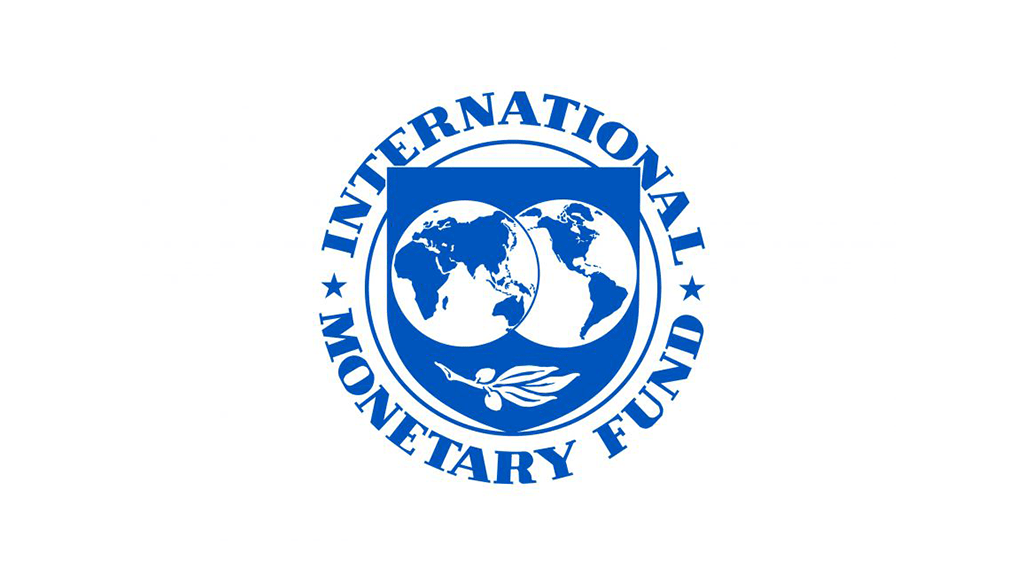MF Warns: U.S. Fiscal Deficit Poses Global Economic Risk

April 22, 2024 : The International Monetary Fund (IMF) has issued a stark warning regarding the potential dangers posed by the ballooning fiscal deficit of the United States. The IMF’s recently published Fiscal Monitor report characterizes the U.S. deficit as a “major risk” to the global economic landscape.
The report highlights the disparity between the United States and other advanced economies. While the average fiscal deficit for advanced economies is approximately 2% of GDP (Gross Domestic Product), the U.S. deficit is projected to reach a staggering 7.1% of GDP in 2025. This significant difference raises concerns about the potential destabilizing effects of the U.S. fiscal trajectory.
The IMF attributes the widening U.S. deficit to a confluence of factors. First, significant government spending initiatives undertaken during the COVID-19 pandemic continue to impact the national budget. Second, recent tax cuts have further strained fiscal resources.
These factors have resulted in the U.S. government spending considerably more than it collects in revenue. To finance this gap, the U.S. has increasingly relied on borrowing, leading to a rising national debt. The IMF report expresses concern about the long-term sustainability of this approach.
The potential consequences of the U.S. fiscal situation extend beyond its borders. A large and persistent fiscal deficit can lead to higher interest rates globally, which could negatively impact investment and economic growth in other countries. Additionally, a weakening dollar, potentially associated with ballooning U.S. debt, could further disrupt global financial markets.
The IMF urges the U.S. government to implement measures to address the fiscal deficit. The report recommends a combination of spending cuts and tax increases to bring the budget closer to balance. By taking decisive action, the U.S. can mitigate the risks associated with its current fiscal trajectory and contribute to a more stable global economic environment.
The IMF’s warning is a stark reminder of the interconnectedness of the global economy. The actions of one nation, particularly a major economic power like the U.S., can have significant repercussions for other countries. It remains to be seen how the U.S. government will respond to the IMF’s concerns and whether it will implement policies to address the burgeoning fiscal deficit.


















































